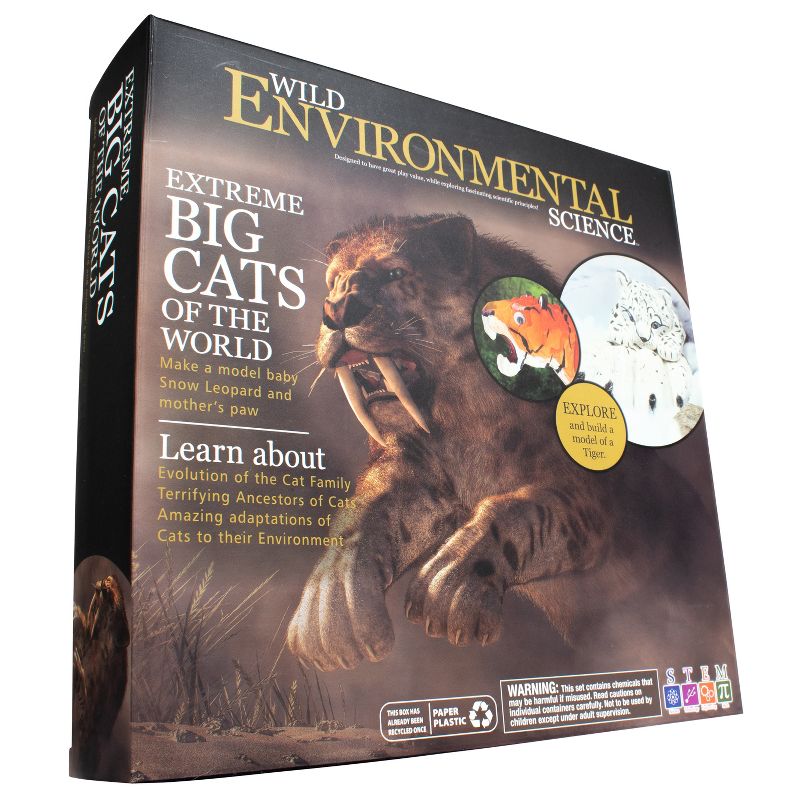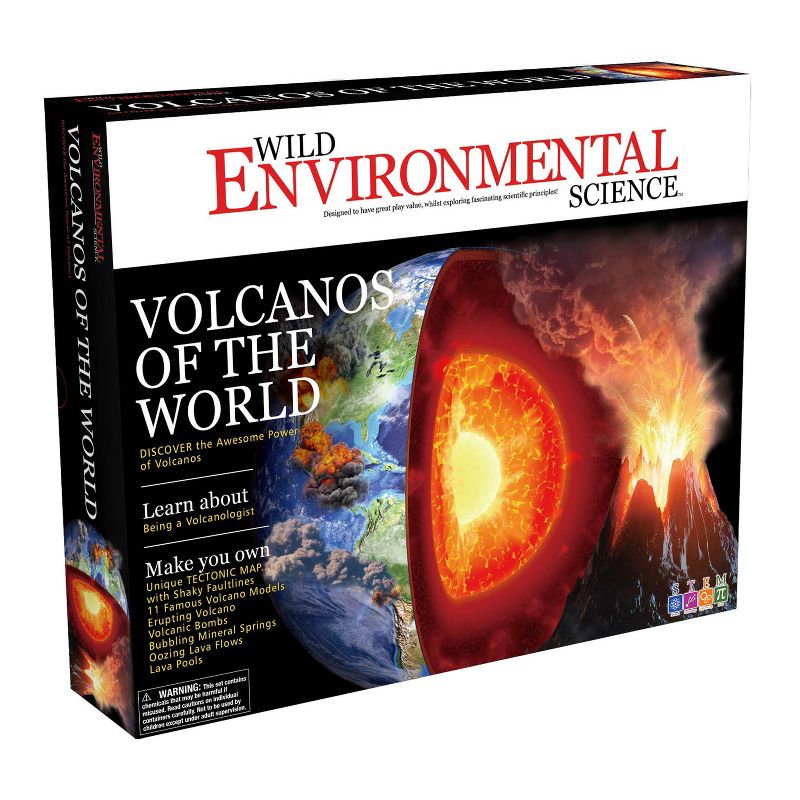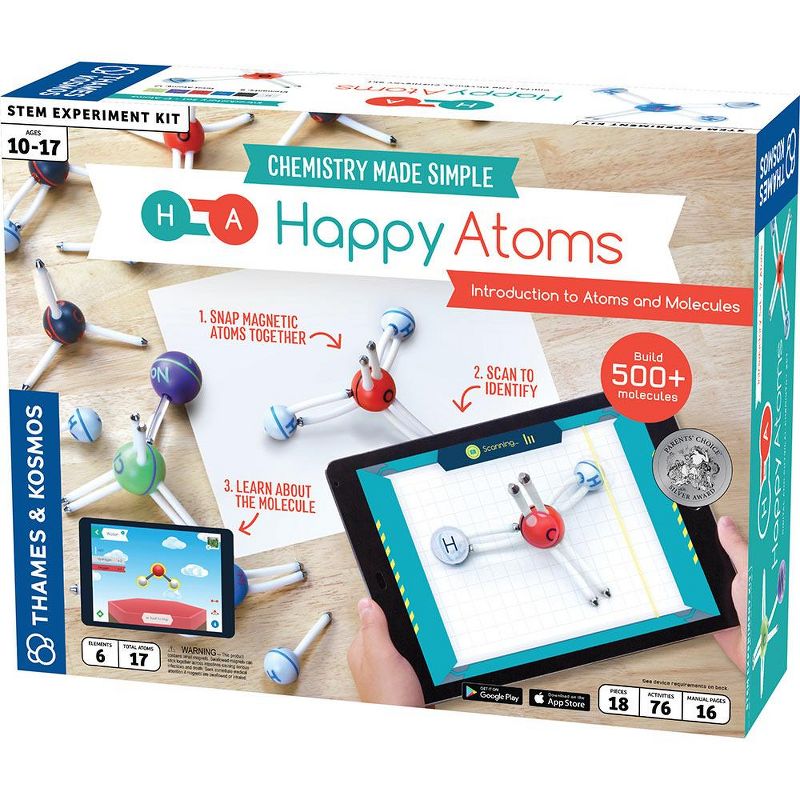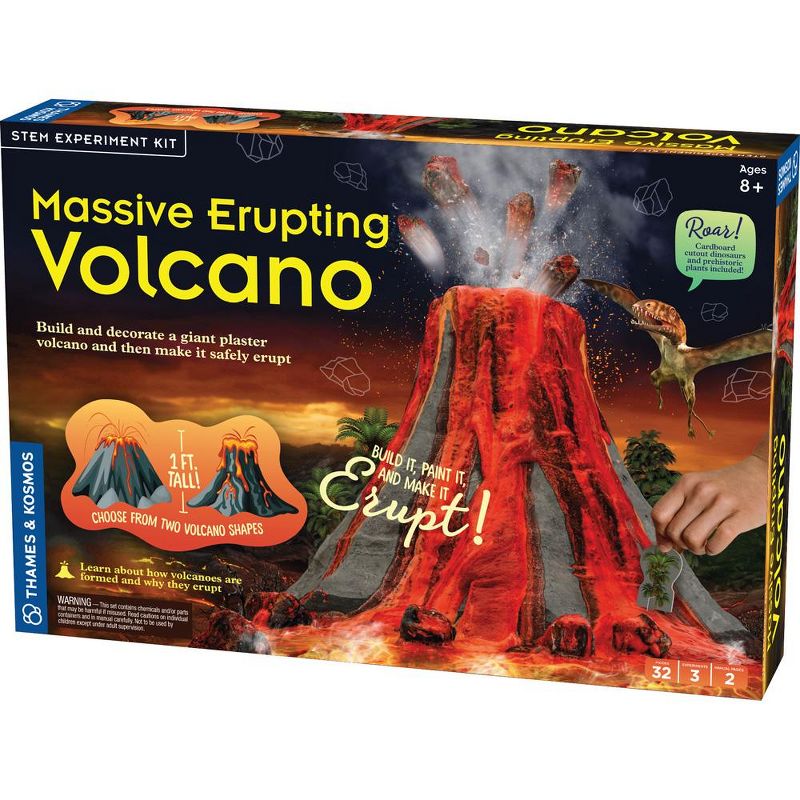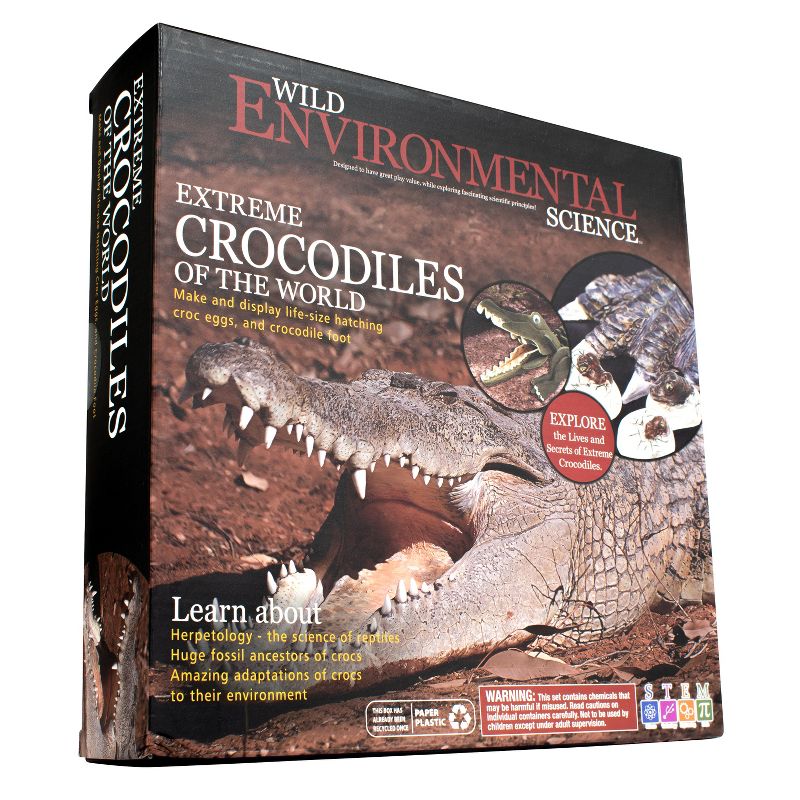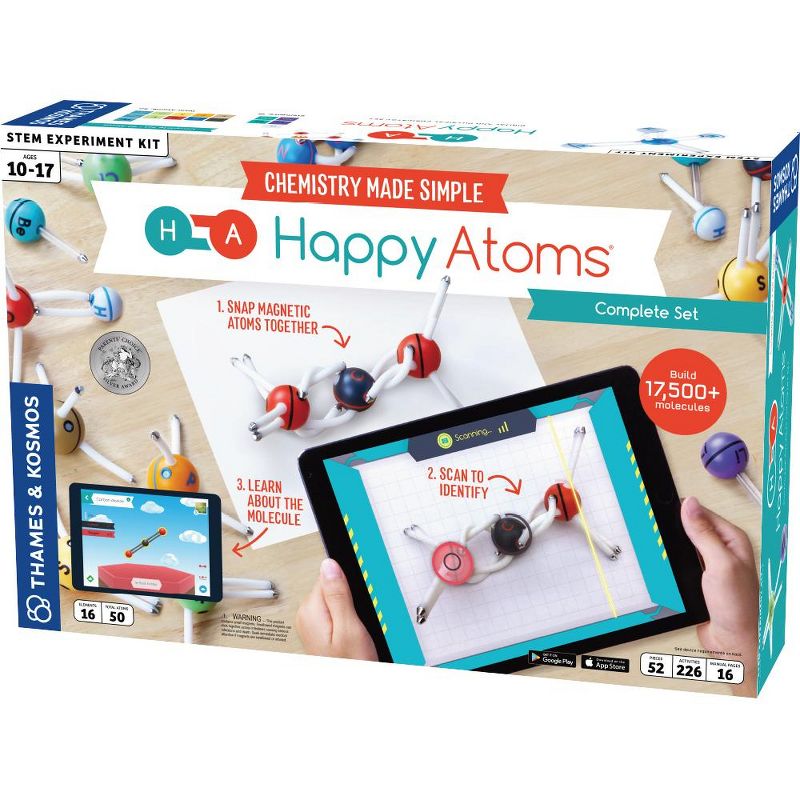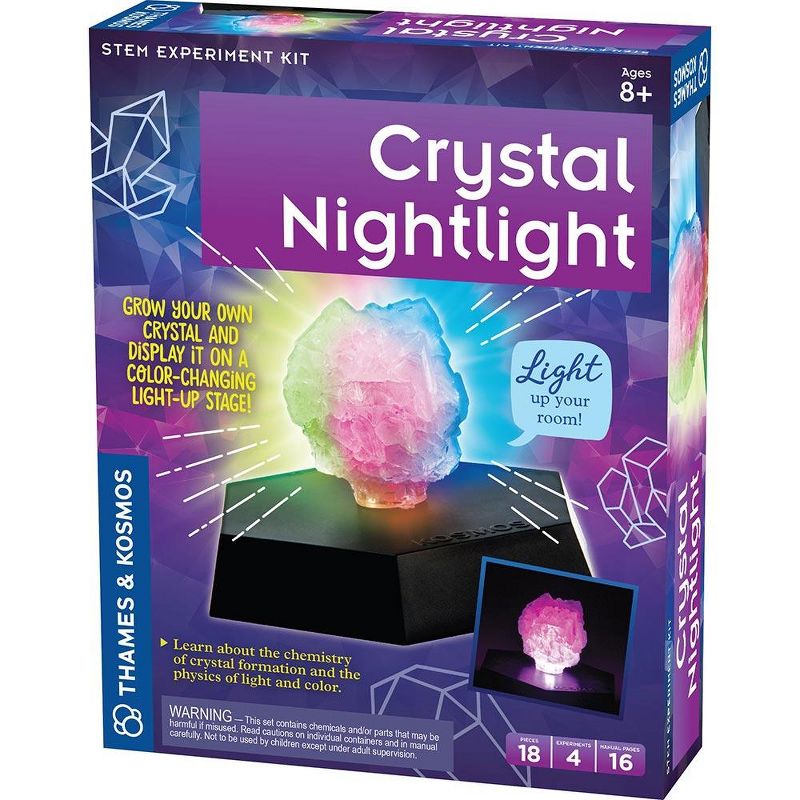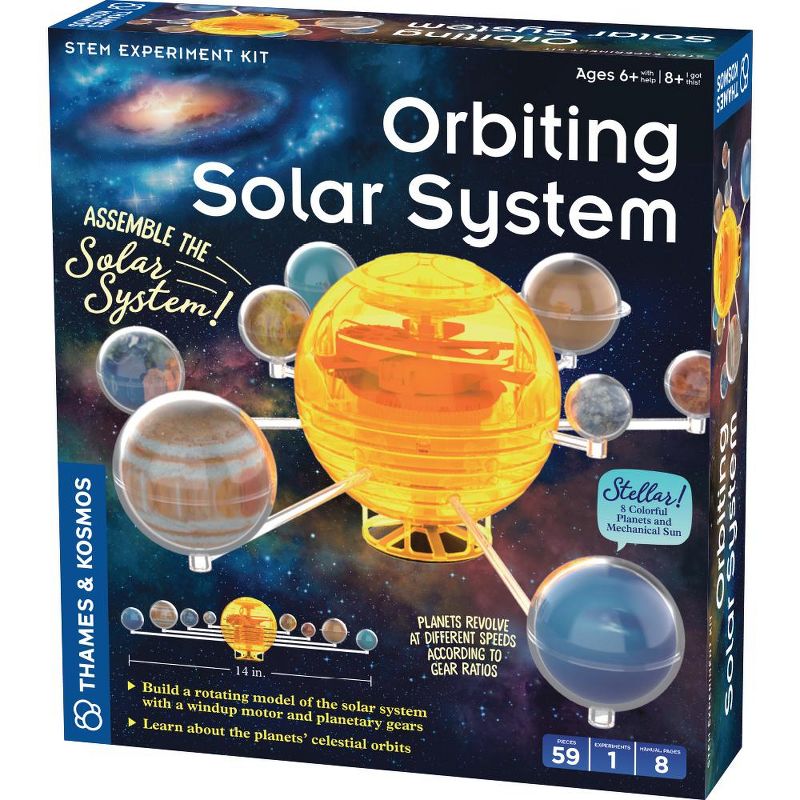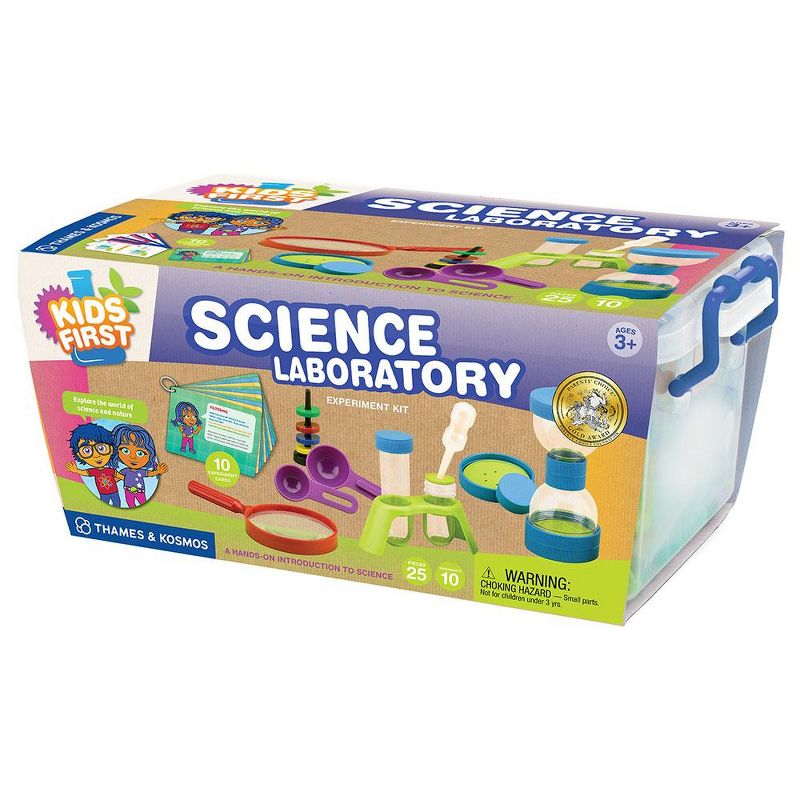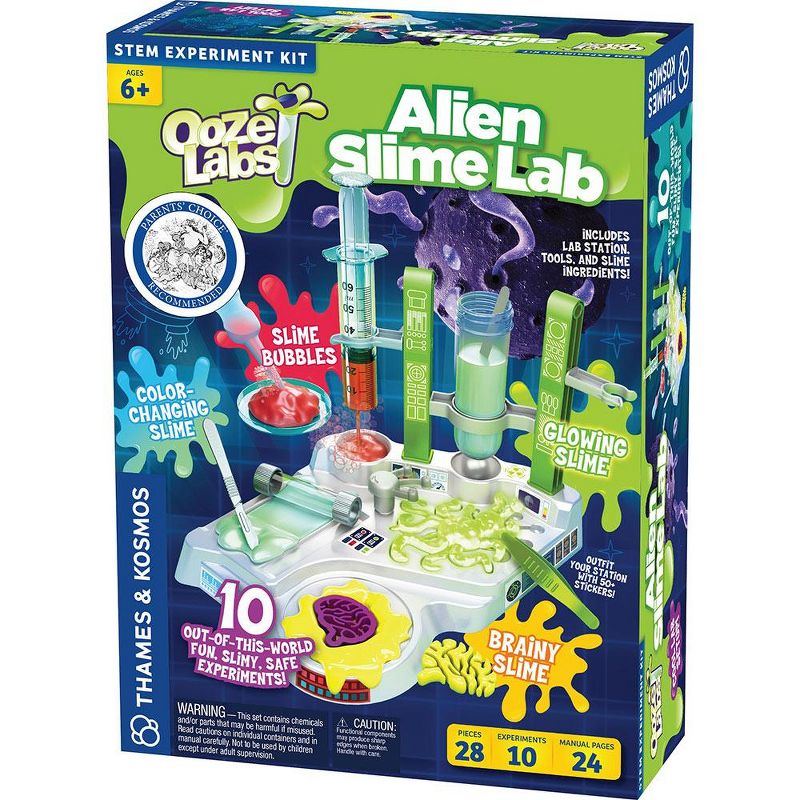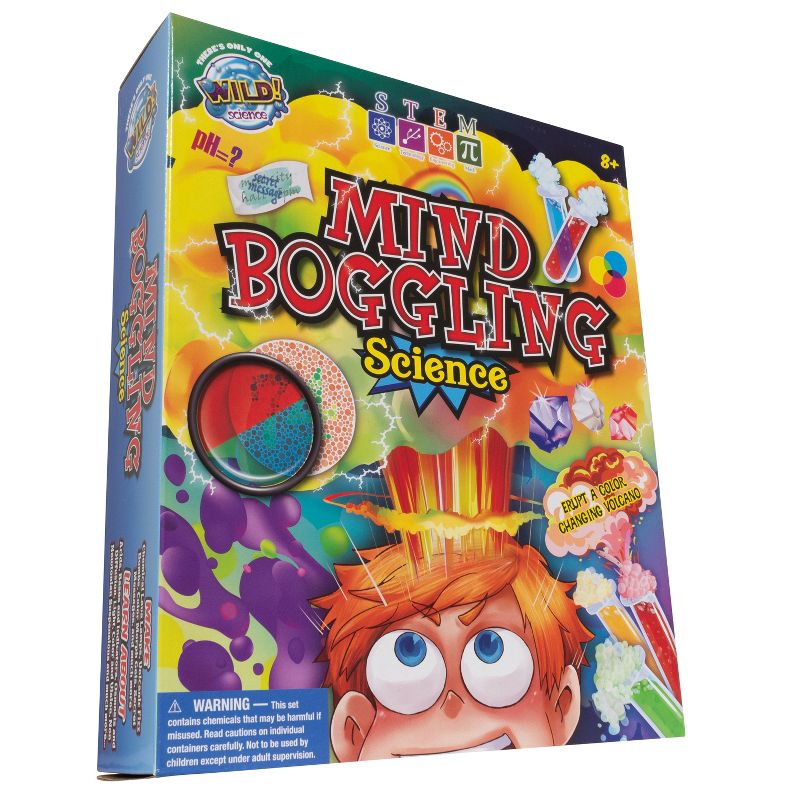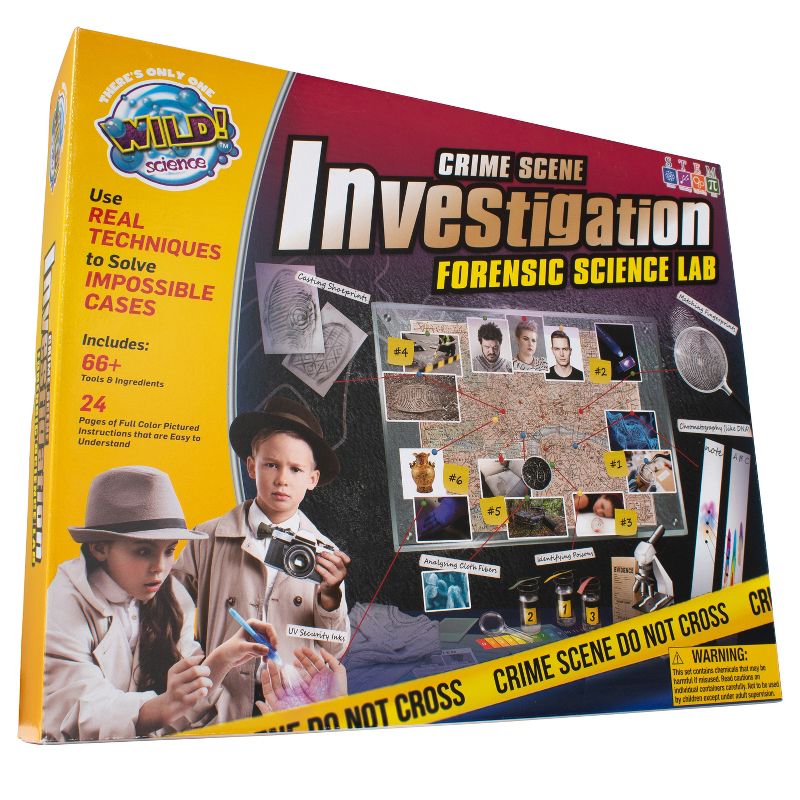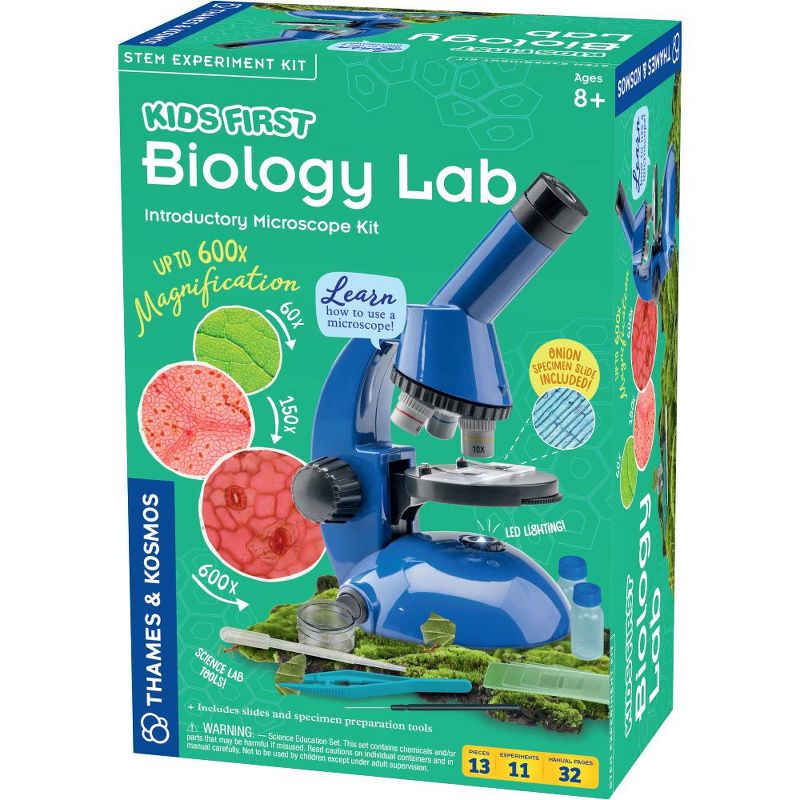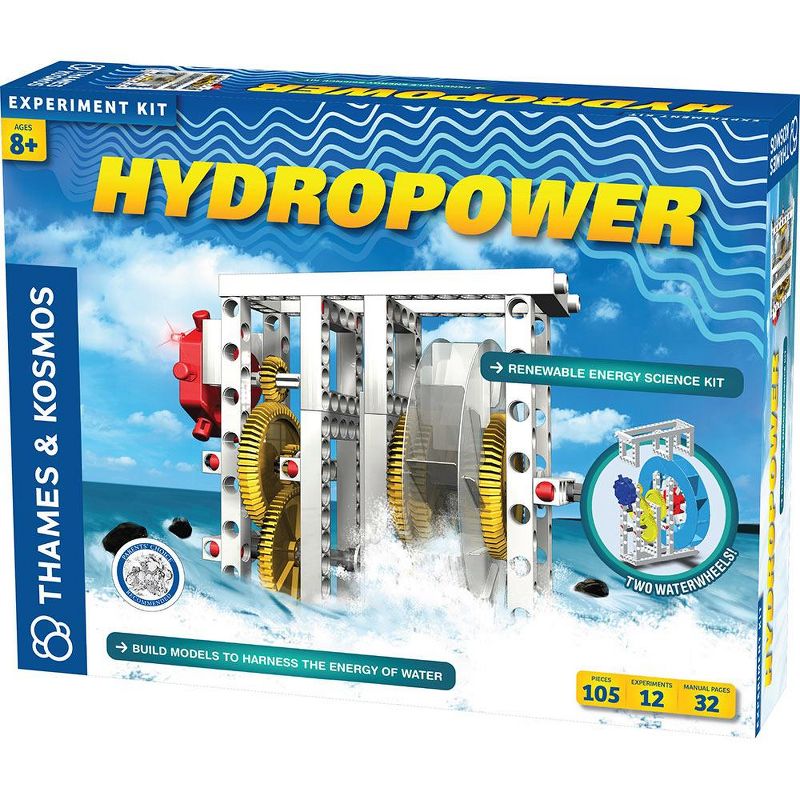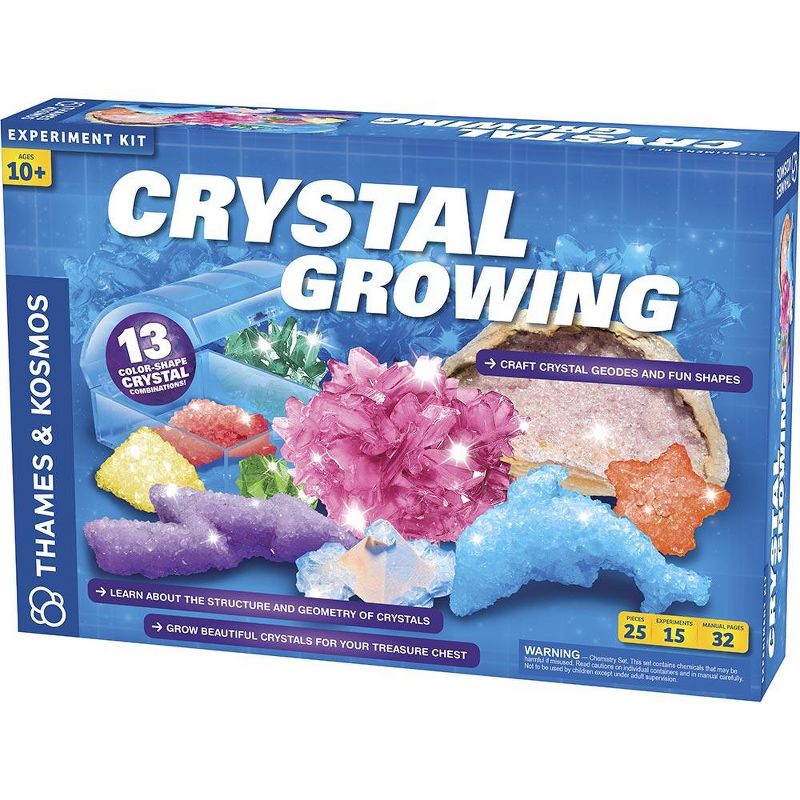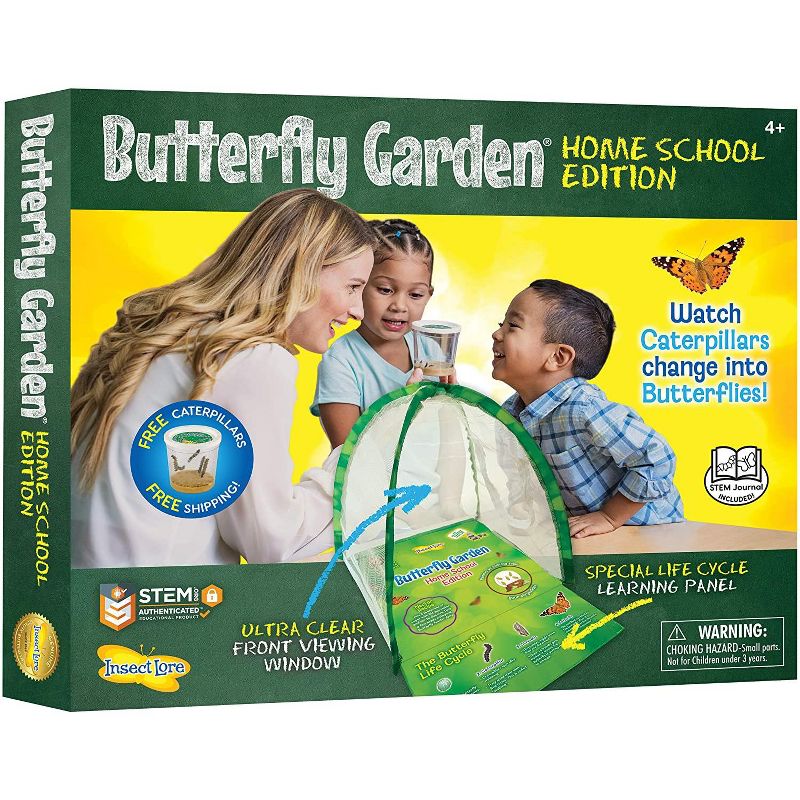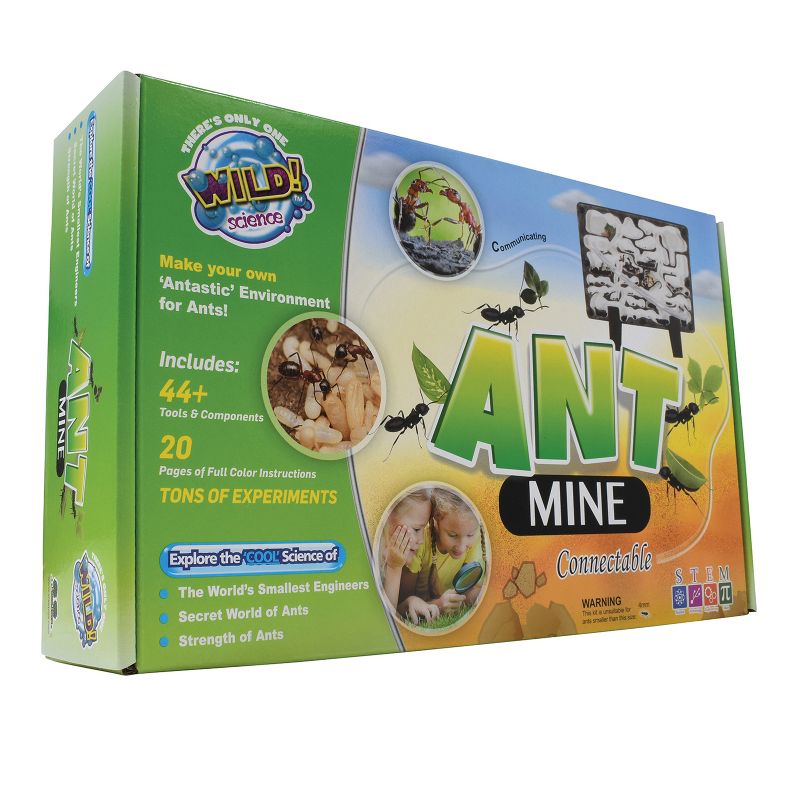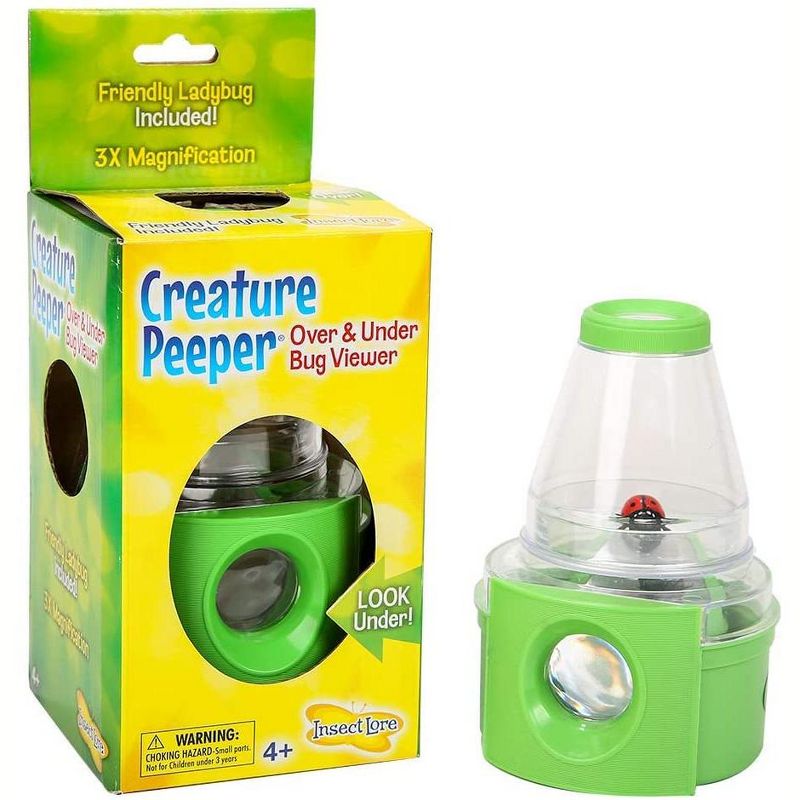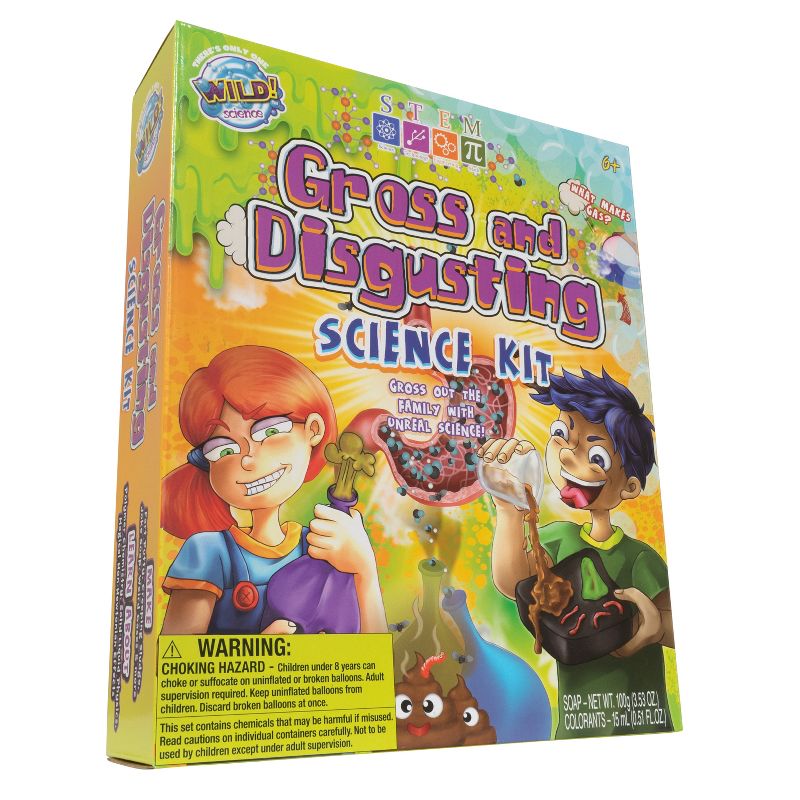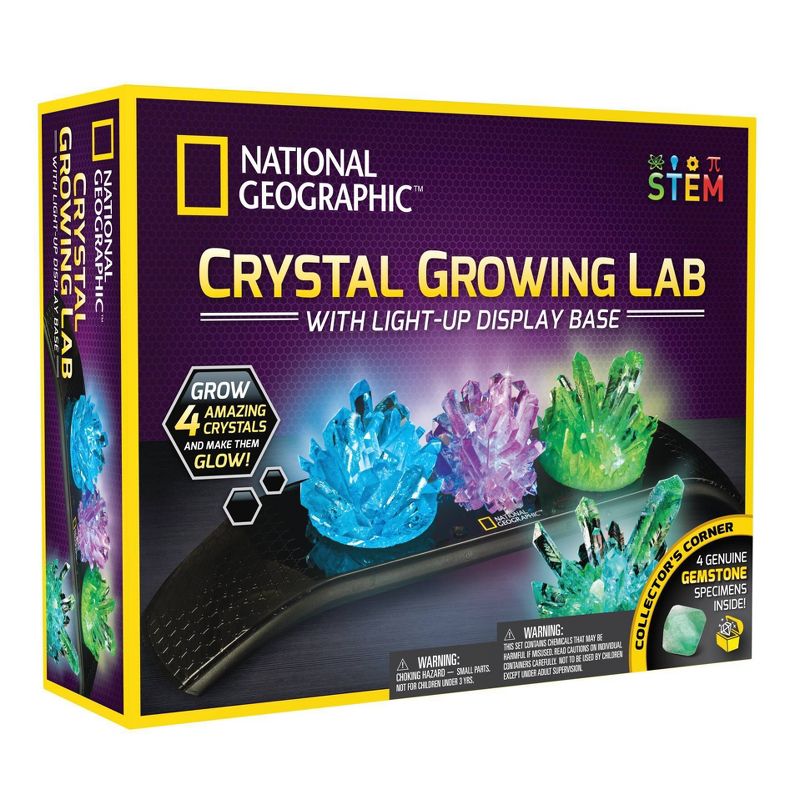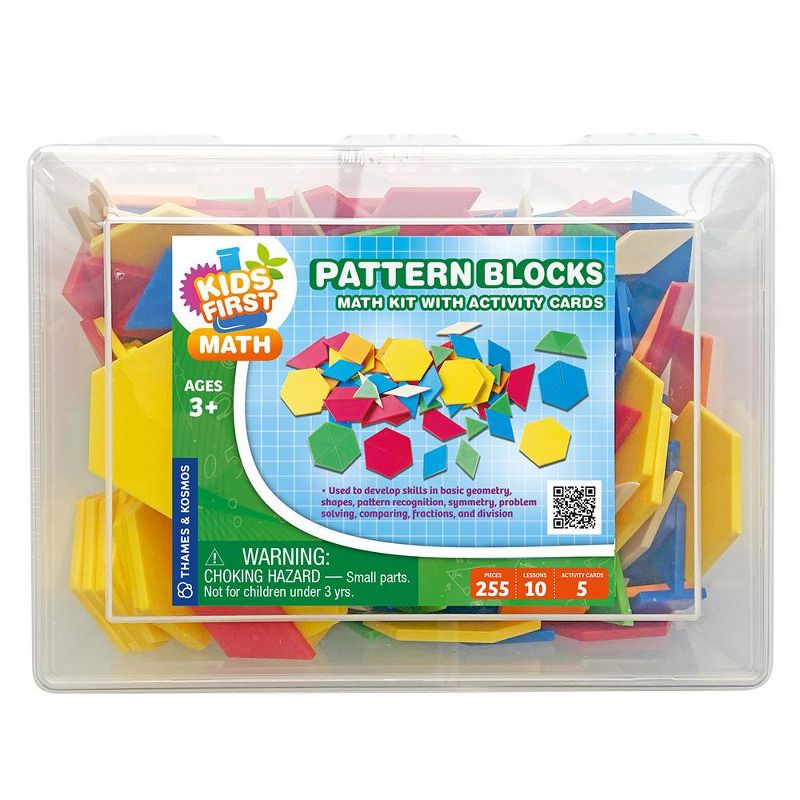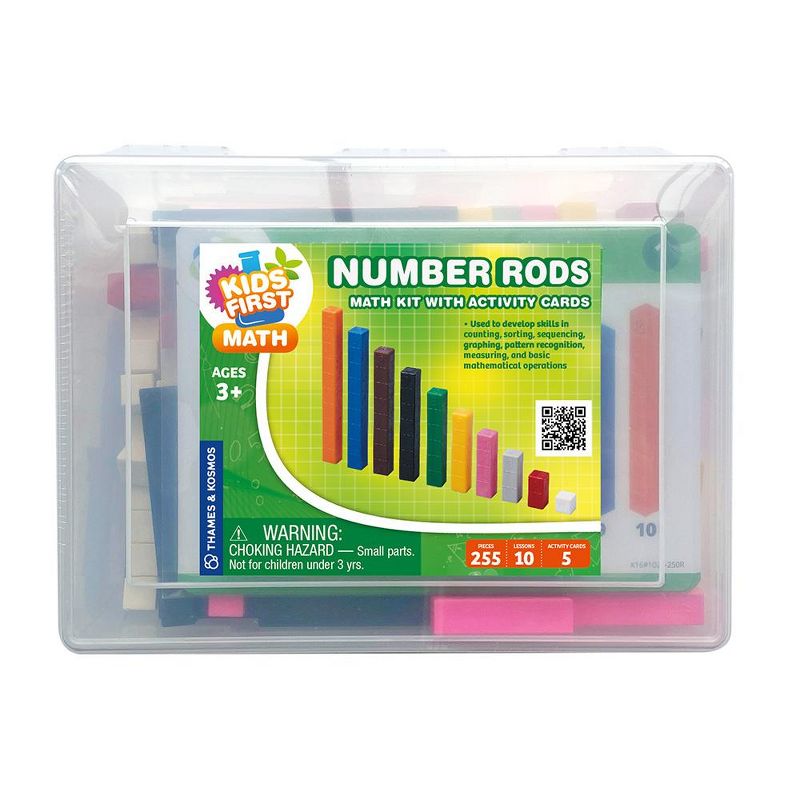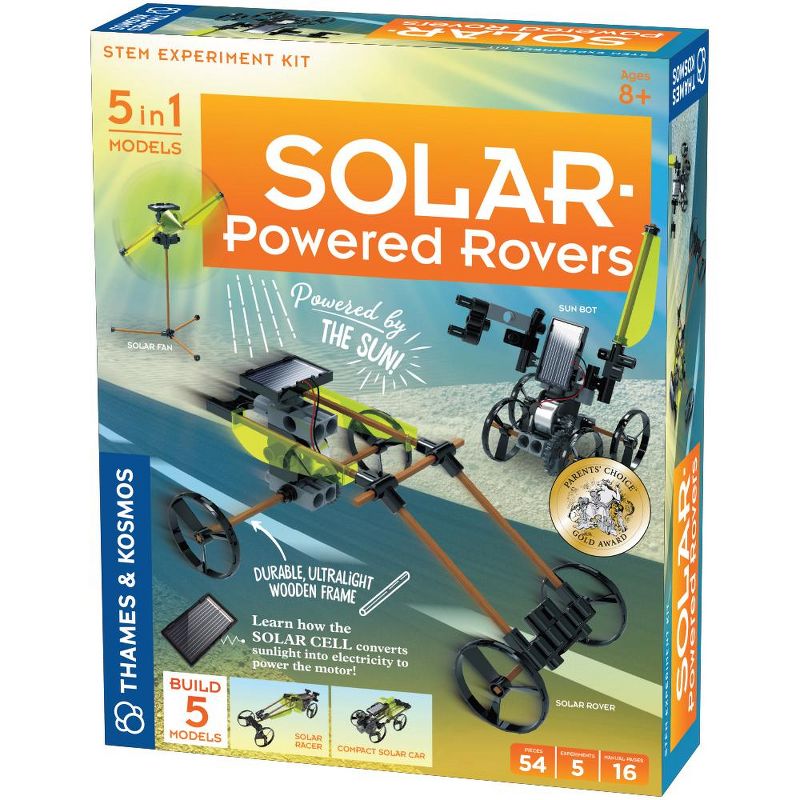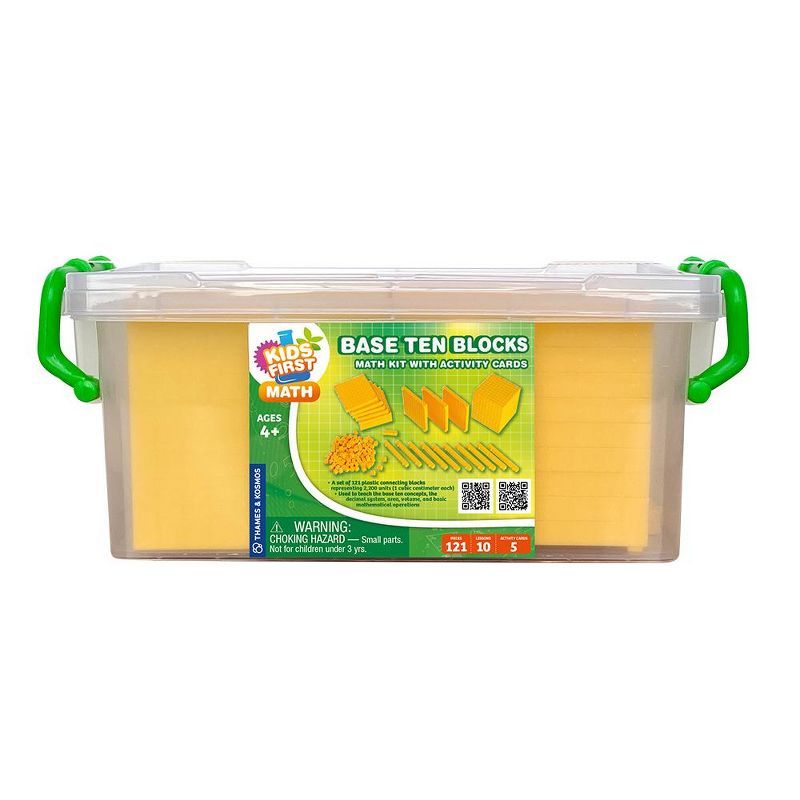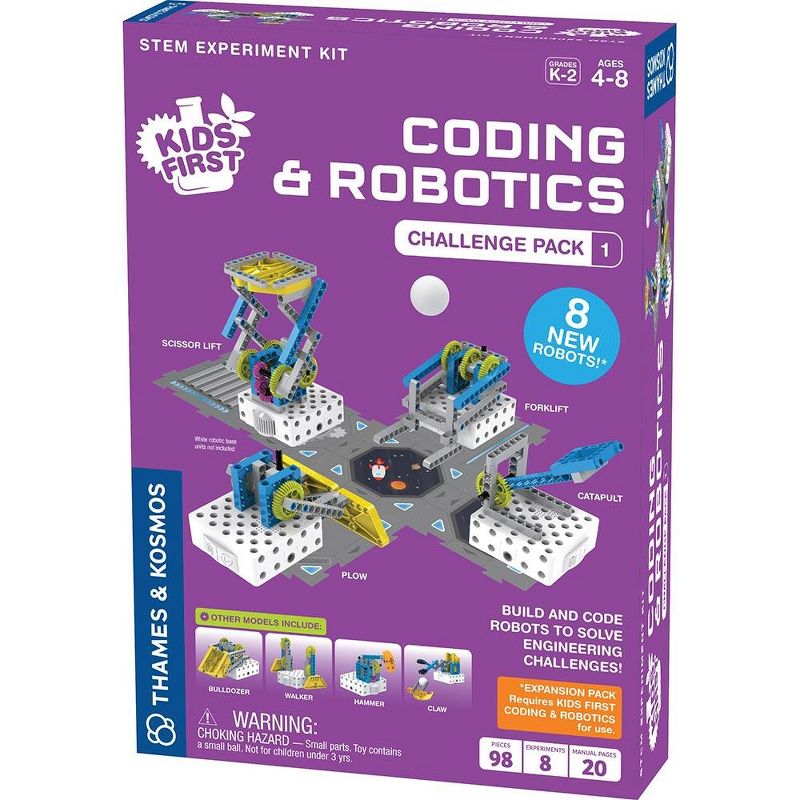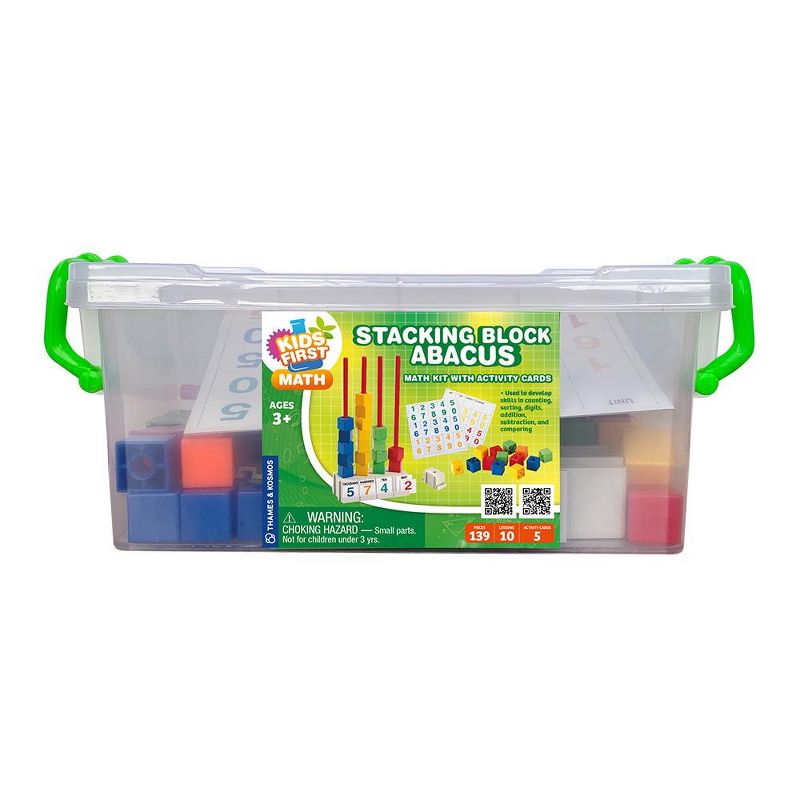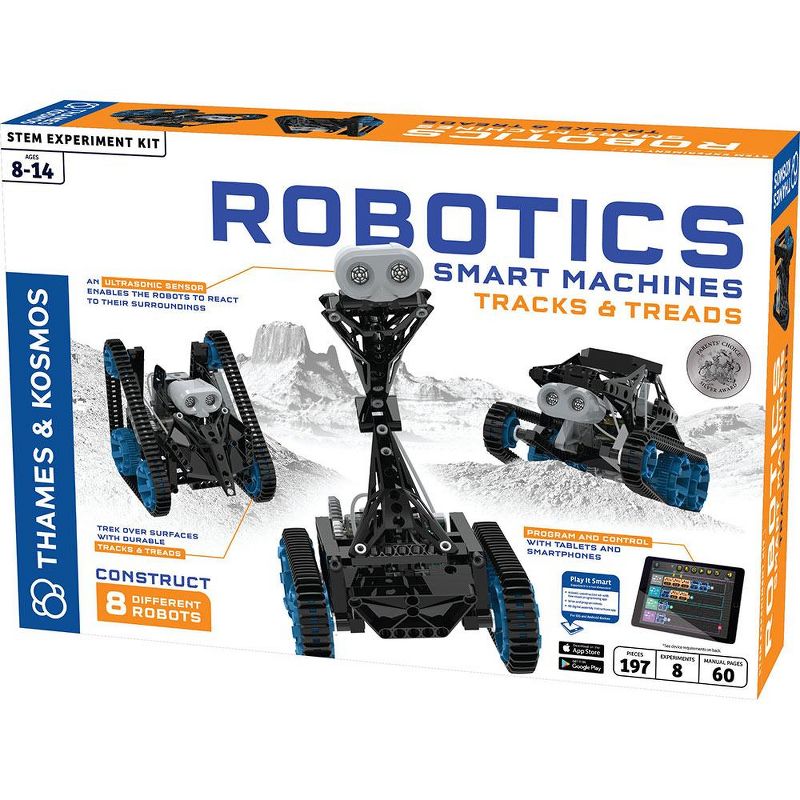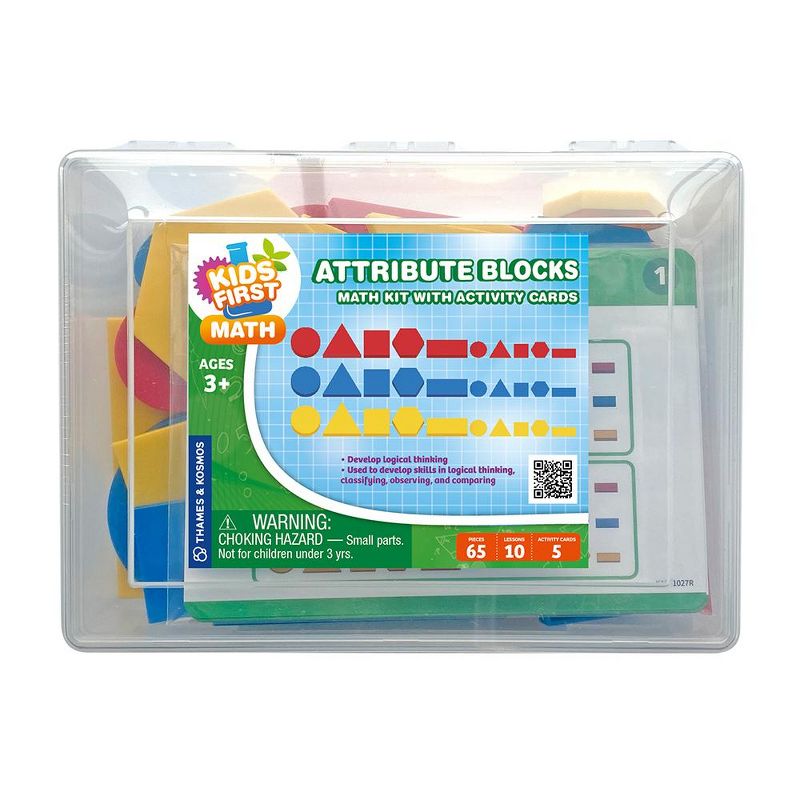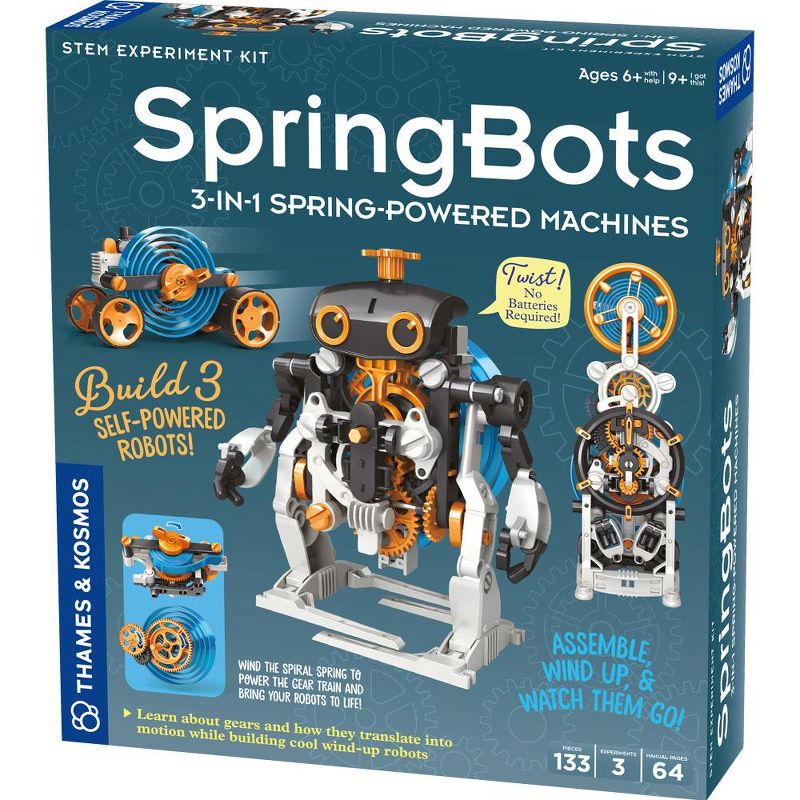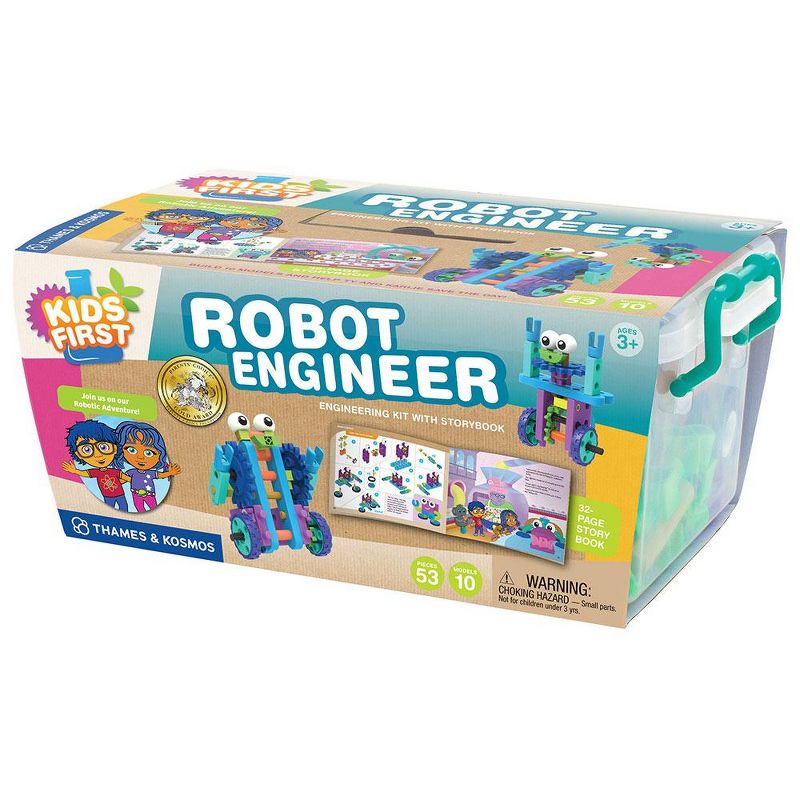Trusted shipping
Easy returns
Secure shopping
Buy Thames & Kosmos Kids First Engineering Design in United States - Cartnear.com
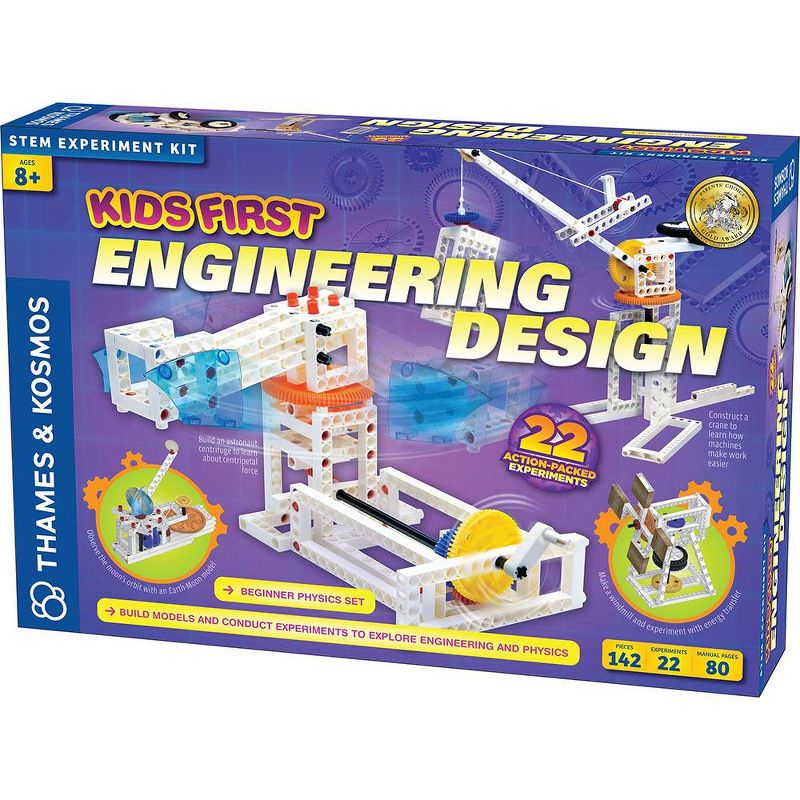
Thames & Kosmos Kids First Engineering Design
CTNR922523 0814743011441 CTNR922523Thames & Kosmos
2027-03-02
/itm/thames-kosmos-kids-first-engineering-design-922523
USD
59.24
$ 59 $ 60 2% Off
Item Added to Cart
customer
*Product availability is subject to suppliers inventory
SHIPPING ALL OVER UNITED STATES
100% MONEY BACK GUARANTEE
EASY 30 DAYSRETURNS & REFUNDS
24/7 CUSTOMER SUPPORT
TRUSTED AND SAFE WEBSITE
100% SECURE CHECKOUT
Suggested Age: 8 Years and Up
CPSC Choking Hazard Warnings: Choking_hazard_small_parts
Educational Focus: Engineering
• Includes 22 action-packed science experiments!.
• Build models and conduct experiments to demonstrate and comprehend basic laws of mechanical physics.
• Build a pulley system, crane, and inclined plane to lighten the load and make work easier, and much more.
• Expand your perspective out into the solar system to discover the force and motion of the planets and the sun.
• While building the models and reading through the 80-page, full-color manual, young researchers gain hands-on experience with the engineering design process.
Speed, power, catapults, and collisions! Physics is full of action! Kids will have the 20 models in this introductory physics kit racing, rolling, flying, falling, crashing, balancing, and spinning around in 22 action-packed science experiments. After following step-by-step illustrated instructions to build each model, kids test the models to demonstrate and comprehend basic laws of mechanical physics. While building the models, young researchers learn about various topics in the fascinating world of mechanical physics and engineering. Start your physics adventures by building a balancing Tightrope walker, a moving elevator, and a high-rise Astronaut training centrifuge to learn about forces, gravity, and weight. Learn how to measure forces by building a force meter. Examine physics at the construction site to learn about work and simple machines. Build a pulley system, crane, and inclined plane to lighten the load and make work easier. Experiment with storing energy and converting energy by constructing models of a rocket car and a skee-ball mini golf ramp. Assemble three machines from the middle ages - a wheelbarrow, a balance scale, and a trebuchet - to learn how levers have helped people do work for centuries. Explore the concept of trajectory. Continue your lessons by building a windmill, a drop-test device, and various parachutes to investigate the forces of air and air resistance. Expand your perspective out into the solar system to discover the force and motion of the planets and the sun. Build a sundial and a rotating earth-and-moon model. Take a crash course in applied physics with a Series of automotive models and experiments: construct a crash-tested simulator and an airbag testing station to learn about momentum. Assemble a working gear train to learn how gears transmit and alter forces. Finally, make an all-wheel drive vehicle with a flexible jointed design for optimal performance on rough terrain. - a parents' Choice Gold award winner.
CPSC Choking Hazard Warnings: Choking_hazard_small_parts
Educational Focus: Engineering
• Includes 22 action-packed science experiments!.
• Build models and conduct experiments to demonstrate and comprehend basic laws of mechanical physics.
• Build a pulley system, crane, and inclined plane to lighten the load and make work easier, and much more.
• Expand your perspective out into the solar system to discover the force and motion of the planets and the sun.
• While building the models and reading through the 80-page, full-color manual, young researchers gain hands-on experience with the engineering design process.
Speed, power, catapults, and collisions! Physics is full of action! Kids will have the 20 models in this introductory physics kit racing, rolling, flying, falling, crashing, balancing, and spinning around in 22 action-packed science experiments. After following step-by-step illustrated instructions to build each model, kids test the models to demonstrate and comprehend basic laws of mechanical physics. While building the models, young researchers learn about various topics in the fascinating world of mechanical physics and engineering. Start your physics adventures by building a balancing Tightrope walker, a moving elevator, and a high-rise Astronaut training centrifuge to learn about forces, gravity, and weight. Learn how to measure forces by building a force meter. Examine physics at the construction site to learn about work and simple machines. Build a pulley system, crane, and inclined plane to lighten the load and make work easier. Experiment with storing energy and converting energy by constructing models of a rocket car and a skee-ball mini golf ramp. Assemble three machines from the middle ages - a wheelbarrow, a balance scale, and a trebuchet - to learn how levers have helped people do work for centuries. Explore the concept of trajectory. Continue your lessons by building a windmill, a drop-test device, and various parachutes to investigate the forces of air and air resistance. Expand your perspective out into the solar system to discover the force and motion of the planets and the sun. Build a sundial and a rotating earth-and-moon model. Take a crash course in applied physics with a Series of automotive models and experiments: construct a crash-tested simulator and an airbag testing station to learn about momentum. Assemble a working gear train to learn how gears transmit and alter forces. Finally, make an all-wheel drive vehicle with a flexible jointed design for optimal performance on rough terrain. - a parents' Choice Gold award winner.

